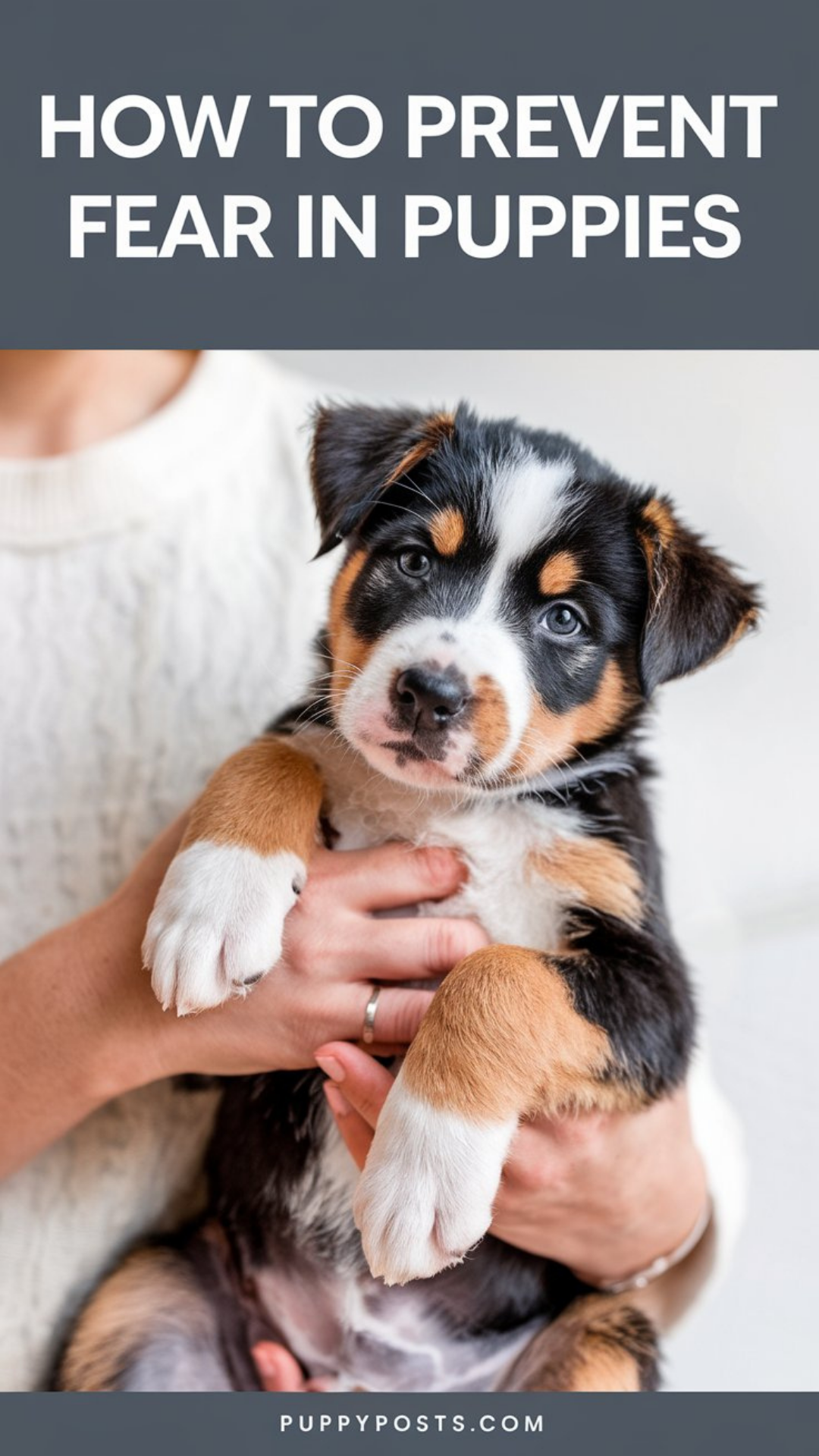How to prevent fear in puppies
Listen up—fear in puppies is not something you want to mess around with. I’ve been a veterinarian for over ten years and run a sanctuary for stray dogs and cats. I’ve seen what fear can do: it ruins confidence, makes training harder, and can turn a sweet puppy into a nervous wreck. But the good news? Fear is preventable. You gotta be proactive, consistent, and intentional. Here’s how you keep your puppy confident and fearless from day one.

Start Socialization Early and Keep It Safe
Socialization is the cornerstone of preventing fear. From the moment you bring your puppy home, expose them to new people, animals, sounds, and environments—but do it right. Keep experiences positive and controlled. Avoid overwhelming your puppy; introduce new things slowly and with care. Early, positive exposure builds confidence and reduces fear down the road.
Create Positive Associations
When your puppy encounters something new, make sure they associate it with good things. Use treats, praise, and gentle encouragement. If your puppy meets a stranger or hears a loud noise, immediately reward calm behavior. Positive reinforcement turns scary stuff into opportunities for learning and trust.
Handle Your Puppy Gently and Often
Get your puppy used to being touched all over—the paws, ears, mouth, and tail. This handling makes vet visits and grooming less stressful. Puppies that tolerate gentle handling grow up less fearful and more cooperative.
Avoid Punishment and Negative Experiences
Punishment, yelling, or scary training methods make fear worse. If your puppy reacts fearfully, don’t push them harder. Instead, back off, give them space, and try again later more gently. Fear builds fast, but trust takes time—respect your puppy’s pace.
Establish a Safe Space
Give your puppy a quiet, cozy spot where they can retreat if things get overwhelming. A crate, bed, or quiet corner helps your puppy feel secure. Knowing they have a safe place reduces anxiety and fear.
Build Confidence with Training and Play
Training isn’t just about obedience—it’s about confidence building. Teach simple commands using positive reinforcement and make training fun. Play games that challenge your puppy’s mind and body. A confident puppy is less likely to develop fear-based behaviors.
Be Patient and Consistent
Fear doesn’t disappear overnight. It takes steady, calm leadership. Be patient with your puppy, stay consistent with your approach, and don’t let frustration show. Your calm confidence is contagious.
Preventing fear in puppies takes time and effort, but it’s worth every second. You build a foundation for a brave, happy dog who trusts you and faces life with confidence. Remember: you’re the guide, the protector, and the calm in the storm.







